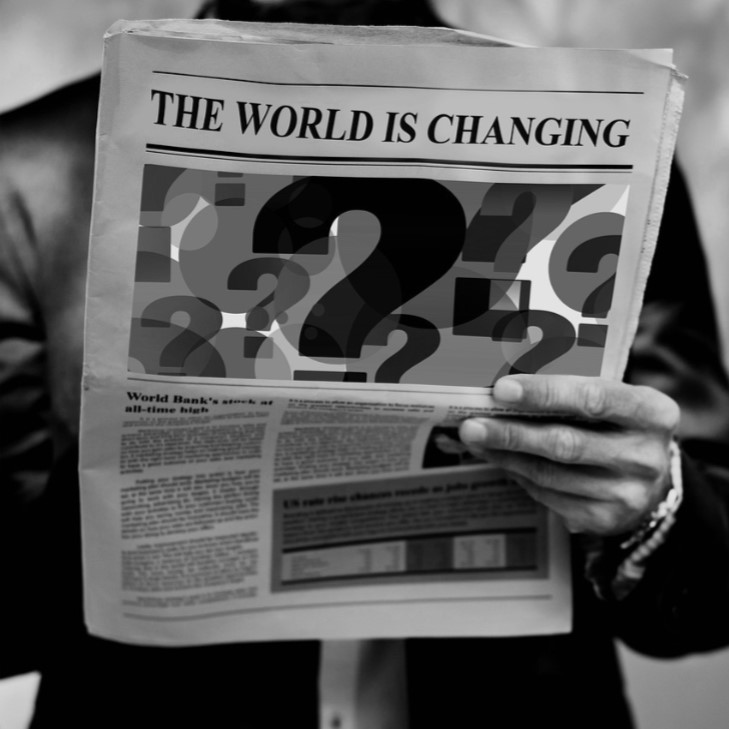Published:
Over half the global population in 2024 will have voted in some sort of election in what has been described as the “mother year” for elections. The United Kingdom, Botswana, India, North Macedonia, Poland, Argentina, and, recently, the United States have entered election season with one central theme becoming apaprent: incumbent politicians have been losing at an unprecedented rate in global history. #
Rob Ford, a professor of political science at the University of Manchester, proposes a theory: “Voters really don’t like inflation, and they punish governments that deliver it, whether they are at fault or not," Ford said. The global inflation rate reached 5.8% in 2024, down from the 8.6% reached during the pandemic. However, three straight years of over 5% inflation have caused the world to reevaluate current parties' economic policies and strive for change. It does not help that the inflation rate of food and everyday grocery items that the typical consumer purchases is increasing three times higher than the rest of the economy.
For international business, this means significant change. It starts with cutting internal expenses to drive down the price of currency. In Argentina, newly elected President Javier Milei’s first major action was to cut the official value of the peso by more than half and rapidly reduce government spending and energy subsidies. In the first seven months of Milei’s term, imports dropped 25.9% to a value of $33.1 billion. The same can be said for Egypt and Nigeria, which have cut the cost of their respective currencies and seen similar decreasing import rates and overall production to combat this inflationary pressure.
In addition, during this growth of new administrations stepping into power, there have been a lot of fear of regulatory uncertainty due to potential policy changes. This is particularly true with the United Kingdom, as the newly elected Labour Party has indicated that it could renegotiate some of the UK’s post-Brexit deals and become more closely aligned with European Union countries. This potential realignment could increase trade between the EU and the United Kingdom and a more simplified compliance process during trade. Donald Trump’s tariff policy is expected to have the opposite impact in the United States. The Trump presidency is expected to enforce a blanket tariff of 10–20% and a potential 60% tariff on Chinese imports to try to entice businesses into producing locally and hiring local workers. Experts predict that this will lead to a dramatic decrease in U.S. imports and an overall decrease in U.S. trade volume.
Businesses also have to adjust to new regulations presented by potential industry policies. In Nigeria, Nestlé’s fear of the new leadership’s anti-inflationary policies has caused it to make a significant investment in local production facilities. By sourcing locally, Nestlé protects itself from currency fluctuations when importing goods. Toyota has also jumped on the trend of sourcing locally and producing in-house by building a $50 million plant in Argentina to manufacture its Haici vehicle. Additionally, Toyota has invested $292.5 million and received a $21 million donation from the British government to build a local plant.
Overall, the global wave of surging inflation has led to an unprecedented time in history, with many new regimes taking power throughout the world at the same time. Each administration is projected to focus on keeping inflation in check, which is already leading to a decrease in trade and a focus on local production. As these shifts in global leadership and policy continue to unfold, businesses will need to stay agile and adaptable to navigate the evolving economic and regulatory landscapes.
File under






